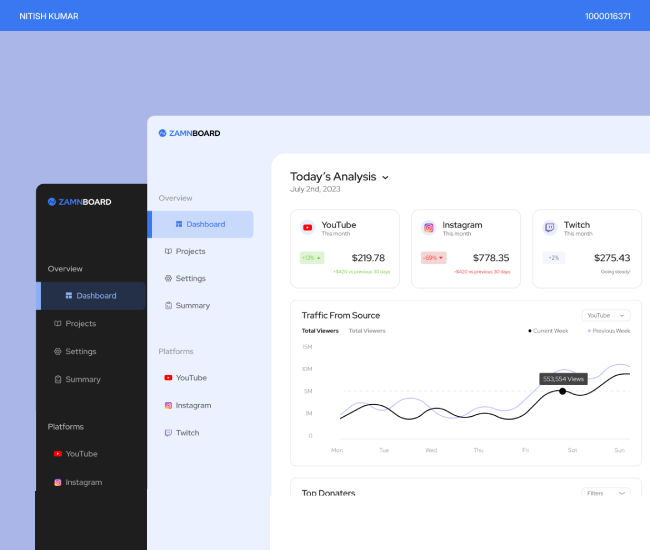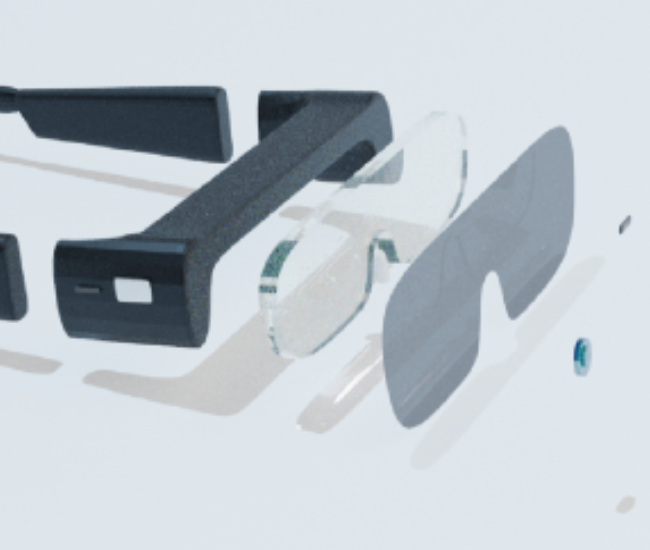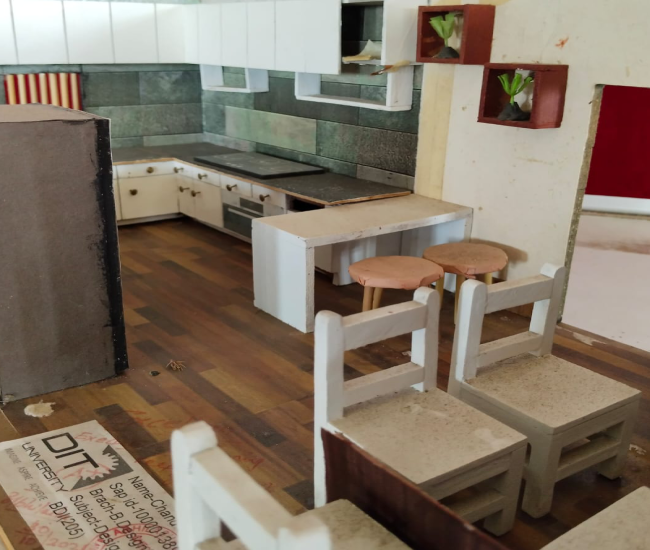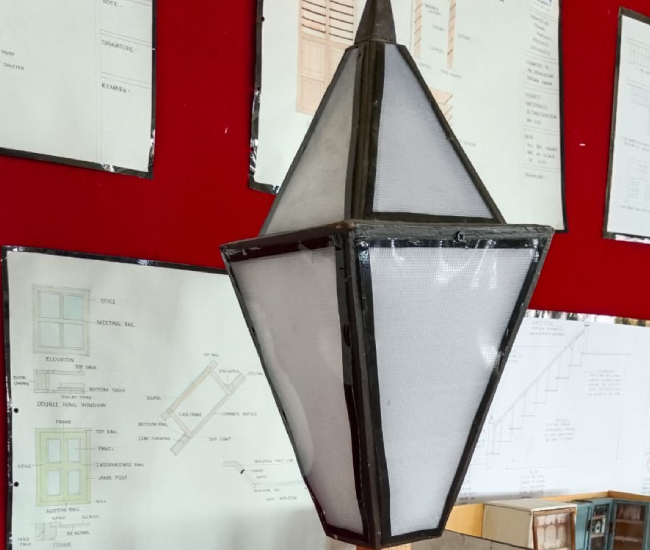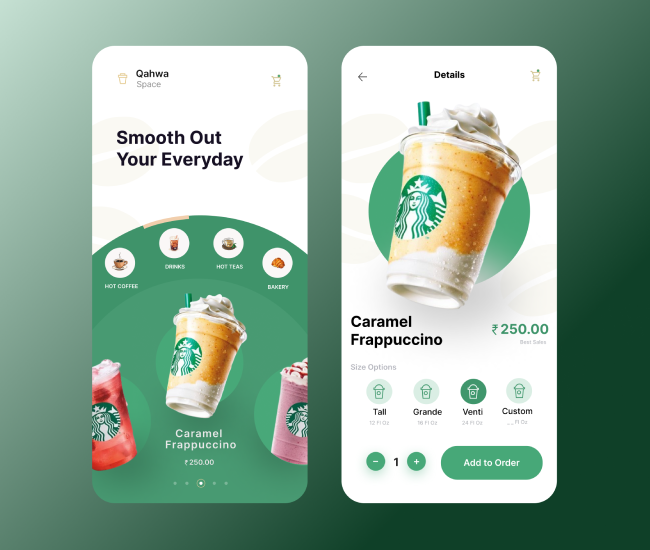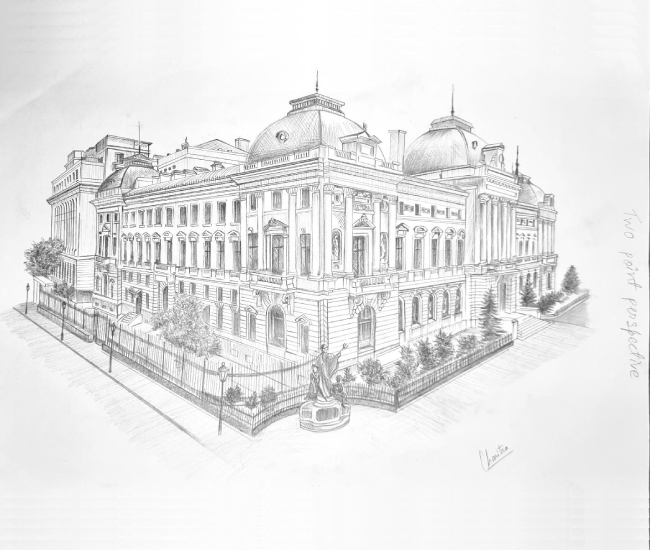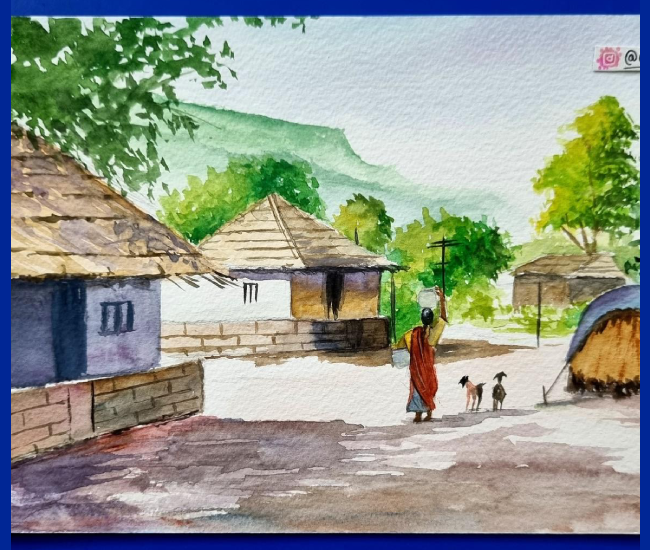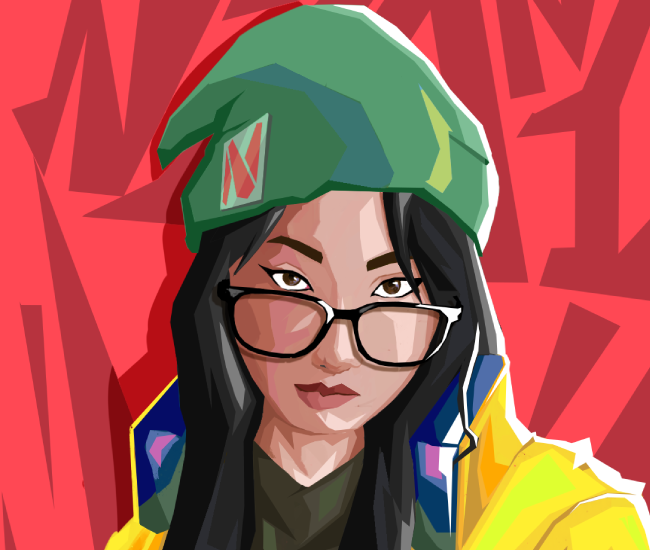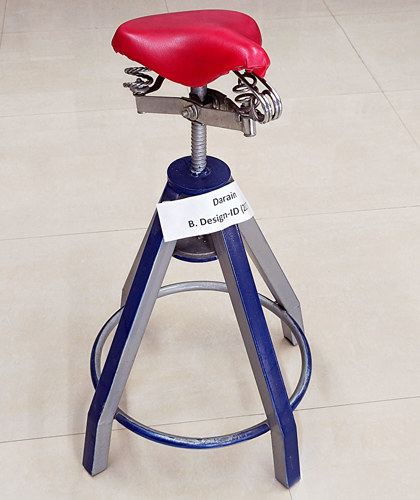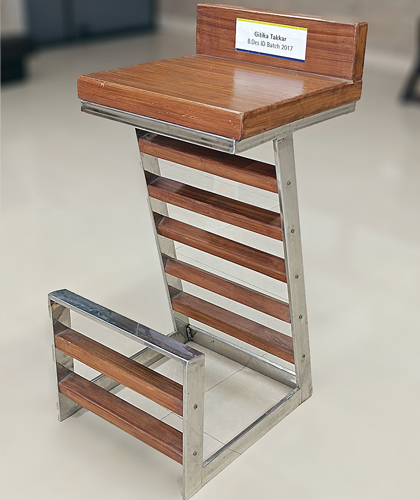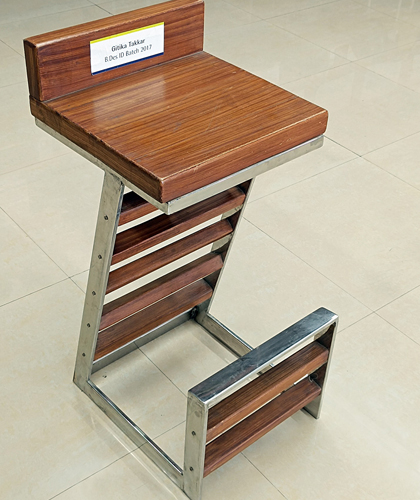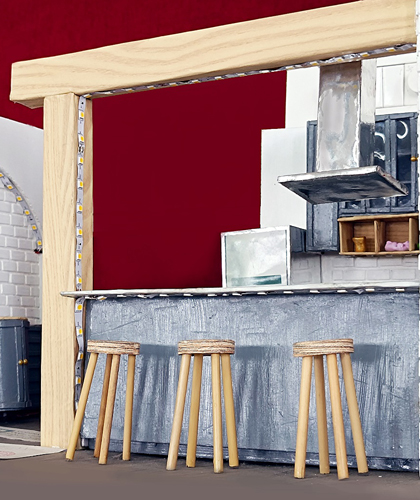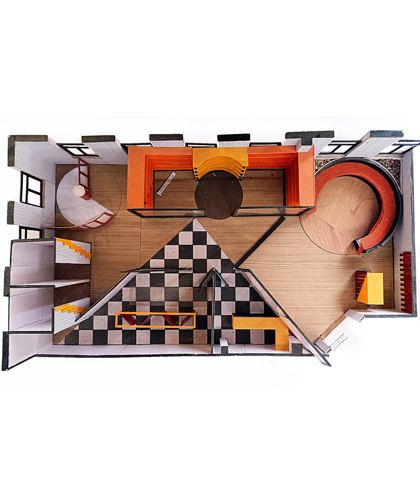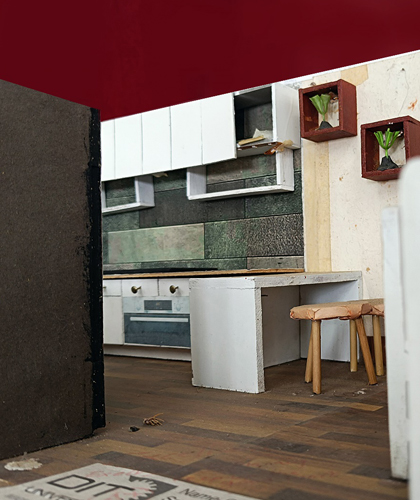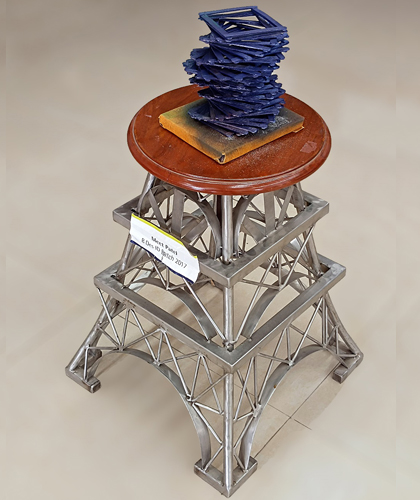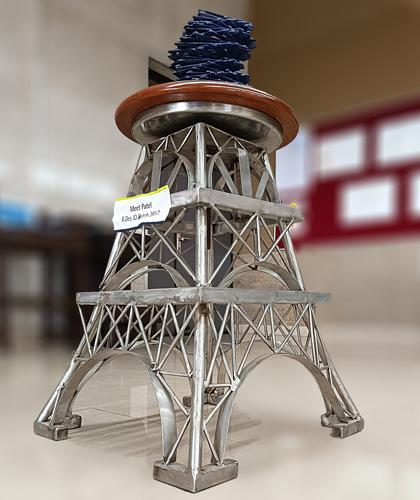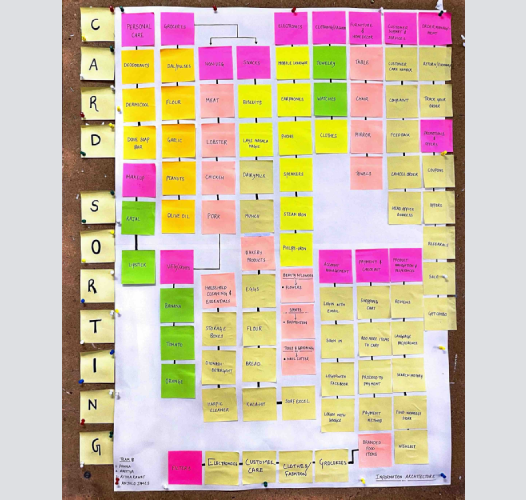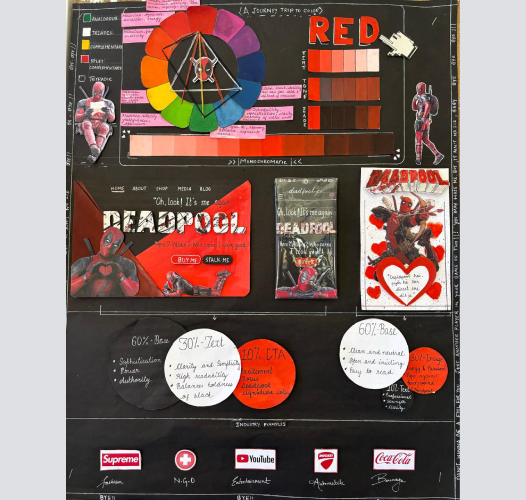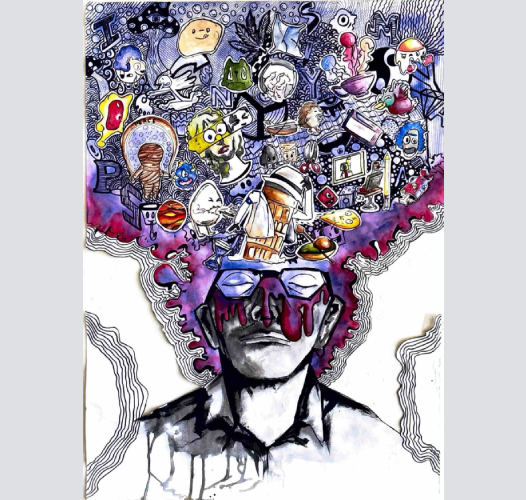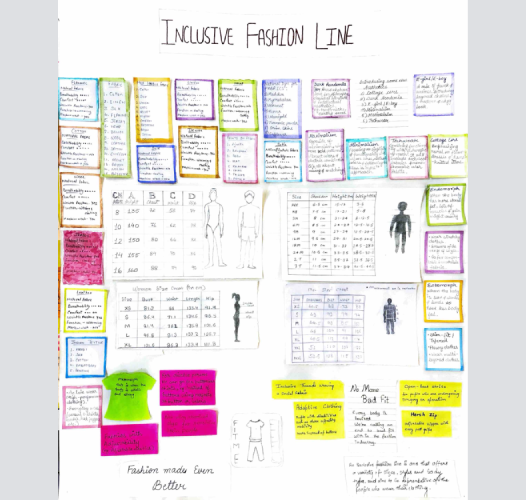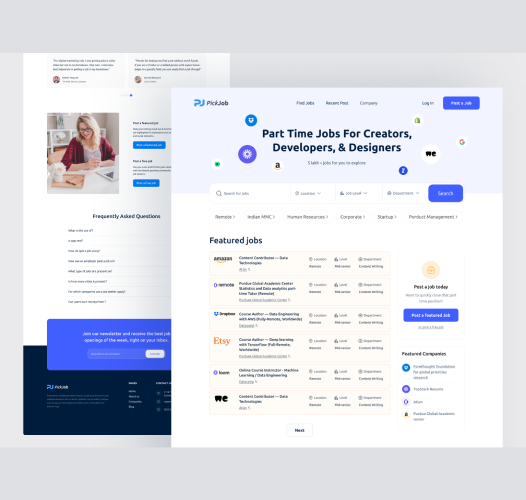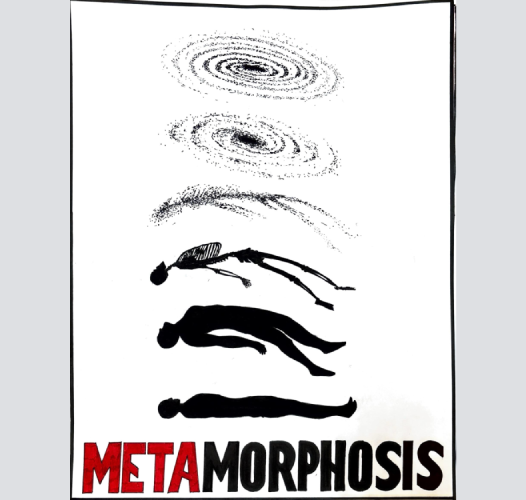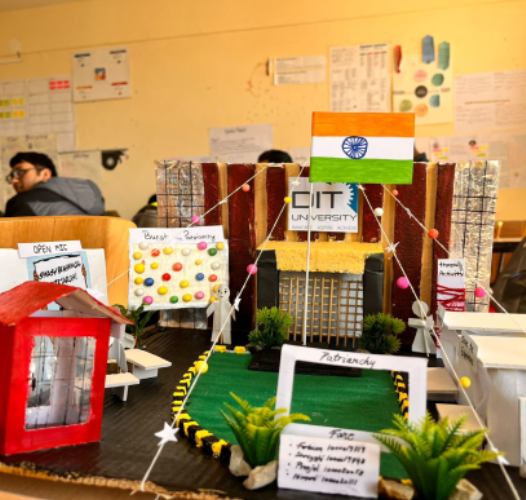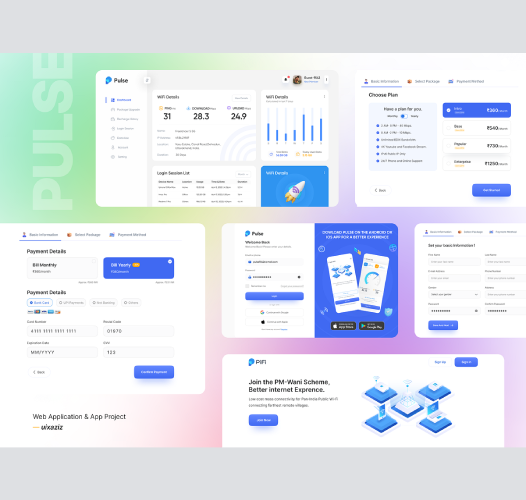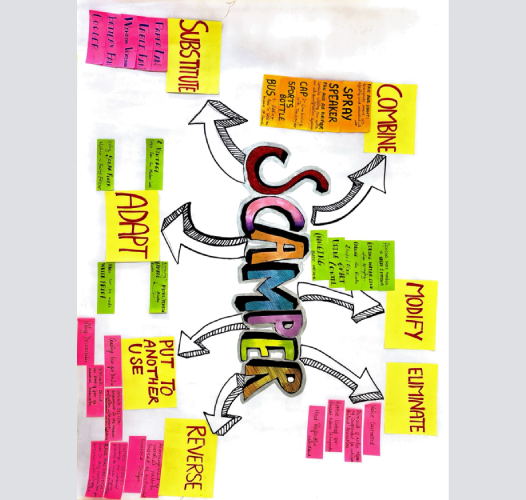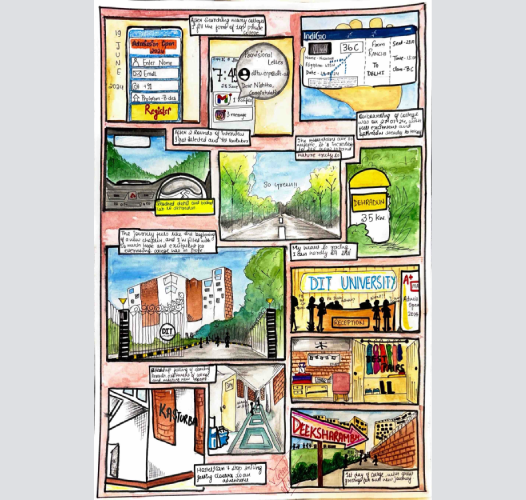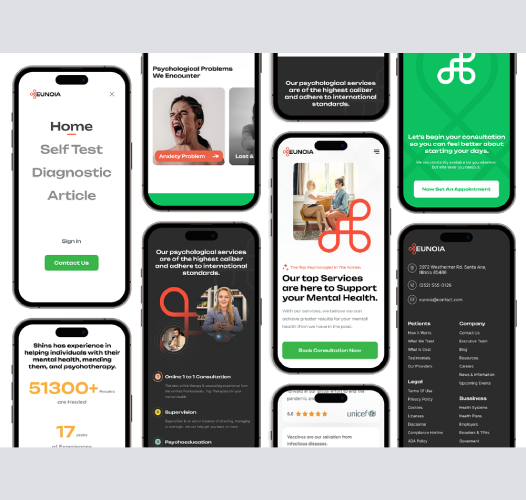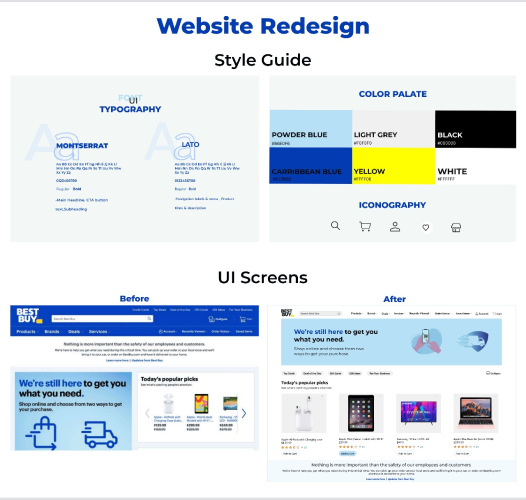
Go
to University Website
Passed 10+2 examination with 50% aggregate marks.
OR
AICTE approved three-year full-time diploma after Class-X offered by Board of Technical Education of any State in India or UTs or from UGC recognized universities or equivalent Obtained at least 50% aggregate marks in the diploma examination.
Merit based counseling on XII Std marks.
The Bachelor of Design in Product Design at the School of Design centers on Humanity-Centered Design, preparing students to create products that enhance daily life while prioritizing sustainability and user well-being.
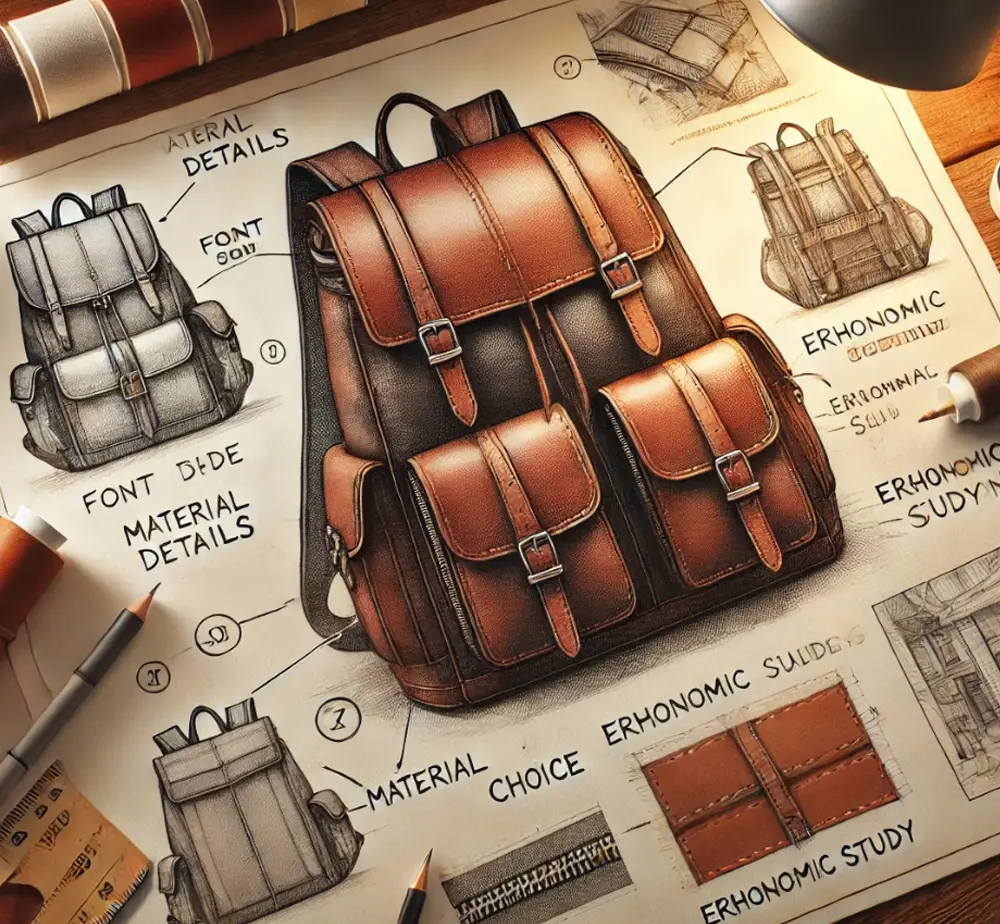
This program emphasizes interdisciplinary learning, integrating bioengineering, circular design principles, and newer technologies such as AI-driven prototyping, 3D printing, and smart materials. Students engage in collaboration with departments like Mechanical Engineering, AI & Robotics, Computer Science, Materials Science, Physical Sciences and Social Sciences gaining hands-on experience in industry-relevant fields such as consumer electronics, medical devices, automotive design, and sustainable home products.
Students study areas like Material Science, Ergonomics, Circular Design, Frugal Innovation, and AI Integration in product development. Key courses include Design Thinking, Human-Centered Design, Product Photography, Futuristic Design, Design Psychology, AI & Robotics, Machine Learning, Entrepreneurship in Product Design, Digital design, and alike, while actively engaging in industrial training and mentorship to gain practical insights and real-world skills.
Supported by resources like the metal workshop, materials lab, and CAD labs, students gain essential skills to explore material experimentation, advanced prototyping, and sustainable production strategies aligned with global consumer trends.
Graduates can thrive in diverse roles like industrial designers, UX specialists, sustainable product innovators, and design entrepreneurs. This program's unique approach empowers students to craft impactful designs, addressing fast-growing consumer demands while championing eco-friendly and tech-driven solutions in a dynamic global economy
1st Year (2025-26)
| Particulars | Tuition Fees | Academic Services Fee | Total Fee | |
|---|---|---|---|---|
|
All India Category |
1st Installment |
60,250 |
39,350 |
99,600 |
|
2nd Installment |
60,250 |
39,350 |
99,600 |
|
|
Uttarakhand/Himalyan State Quota (After 25% Scholarship on Tuition Fee) |
1st Installment |
45,188 |
39,350 |
84,538 |
|
2nd Installment |
45,188 |
39,350 |
84,538 |
For detailed Program Fee Structure, please Click Here
Flexible and Choice-Based Curriculum (FCCBS): Students customize their learning paths with interdisciplinary courses, blending creativity, technology, and sustainability to meet evolving industry needs.
Industry-Focused Learning: Gain hands-on experience through collaborations with design studios, live projects, and mentorships from leading industry experts and professionals.
Global Mentorship Network: Learn from experts affiliated with organizations like the World Design Organization (WDO), fostering global design perspectives and professional connections.
Key Emerging Fields in Curriculum: Courses in Circular Design, Frugal Innovation, AI in Product Design, and Futuristic Design prepare students for challenges in modern, tech-driven markets.
Entrepreneurial Skill Development: Dedicated modules on Design Entrepreneurship empower students to create sustainable, market-ready products, enabling them to launch their ventures confidently.
State-of-the-Art Facilities and Labs: Access advanced prototyping labs, and material exploration spaces to refine skills in product development and testing.
Earn a Minor Degree in Interdisciplinary Fields: Students can pursue a minor degree in disciplines like Artificial Intelligence, Robotics, Automobile Design, or Sustainable Engineering, Social Psychology, etc. expanding their knowledge beyond product design.
Innovation and Ideation: Develop the ability to ideate, innovate, and conceptualize original design solutions that address evolving consumer and societal needs.
Holistic Design Approach: Integrate technical knowledge, design aesthetics, and practical functionality to create user-friendly and impactful products.
Sustainable Practice in Design: Demonstrate commitment to sustainability by designing eco-friendly products using recyclable materials and energy-efficient manufacturing techniques.
Digital Fluency: Master contemporary digital tools and platforms, including 3D modeling, rendering, and prototyping technologies, to produce industry-standard designs.
Contextual Awareness: Apply cultural, economic, and environmental awareness to design solutions that are relevant and inclusive for diverse global audiences.
Project Management Skills: Lead and collaborate on multidisciplinary design projects, effectively managing resources, timelines, and stakeholder expectations.
Market Readiness: Align product designs with current market demands, focusing on functionality, aesthetics, and user preferences for competitive industry placement.
Ethical Responsibility: Uphold ethical design practices by prioritizing user safety, sustainability, and societal well-being in all projects.
Critical Thinking and Analysis: Critically evaluate design problems, assess feasibility, and develop innovative solutions based on thorough research and analysis.
Adaptability and Lifelong Learning: Demonstrate readiness to learn and adapt to new technologies, methodologies, and trends in the dynamic field of product design.
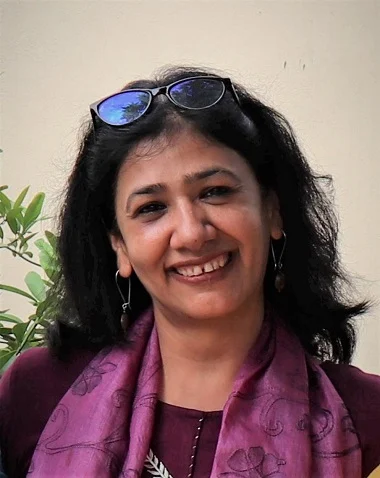
Professor and Dean

Associate Professor

Assistant Professor

Assistant Professor

Assistant Professor

Assistant Professor
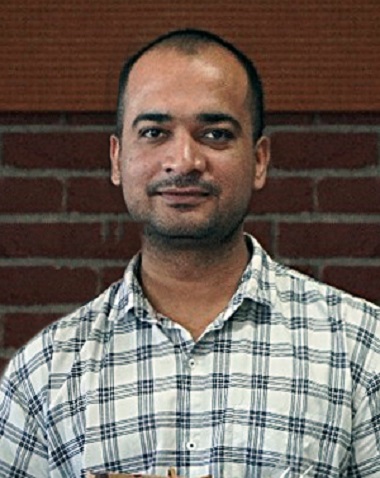
Assistant Professor
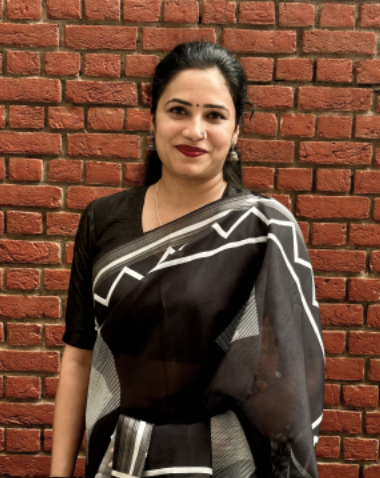
Assistant Professor (ImaginXP)

Assistant Professor (ImaginXP)

Assistant Professor (ImaginXP)

Assistant Professor (ImaginXP)

Visiting Faculty

Visiting Faculty

Assistant Professor

Guest faculty

Visiting Faculty
